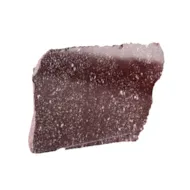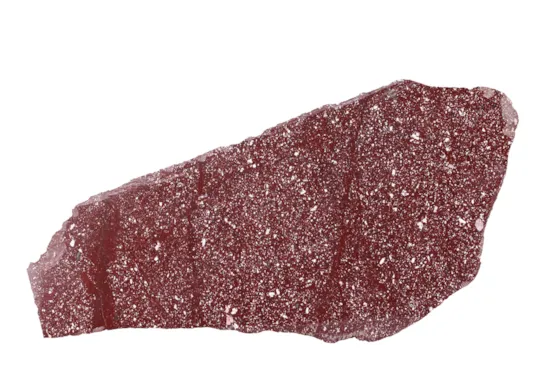Two Large Antique Fragments of Imperial Porphyry
Two Large Antique Fragments of Imperial Porphyry
Probably Used for Cosmati Work
16th - 17th Century
Sizes: 20cm high, 43cm wide, 8cm deep - 8 ins high, 17 ins wide, 3 ins deep and 15cm high, 29cm wide, 6cm deep - 6 ins high, 11¼ ins wide, 2¼ deep
Probably Used for Cosmati Work
16th - 17th Century
Sizes: 20cm high, 43cm wide, 8cm deep - 8 ins high, 17 ins wide, 3 ins deep and 15cm high, 29cm wide, 6cm deep - 6 ins high, 11¼ ins wide, 2¼ deep
Two Large Antique Fragments of Imperial Porphyry
Probably Used for Cosmati Work
16th - 17th Century
Sizes: 20cm high, 43cm wide, 8cm deep - 8 ins high, 17 ins wide, 3 ins deep and 15cm high, 29cm wide, 6cm deep - 6 ins high, 11¼ ins wide, 2¼ deep
Probably Used for Cosmati Work
16th - 17th Century
Sizes: 20cm high, 43cm wide, 8cm deep - 8 ins high, 17 ins wide, 3 ins deep and 15cm high, 29cm wide, 6cm deep - 6 ins high, 11¼ ins wide, 2¼ deep
The ancient Romans coveted porphyry, a hard purple-coloured volcanic rock peppered with white crystals of feldspar, and the Emperors Nero, Trajan and Hadrian restricted it to Imperial use. The Egyptian quarries known as ‘Mons Porphyrites’ were opened in the 1st century AD and worked for four hundred years. Located in the eastern desert at Gebel Dokhan they were regarded by the Emperors as their exclusive property.
Found in a London Marble Yard
Ex London Private collection
Ex London Private collection
Two Large Antique Fragments of Imperial Porphyry

SOLD





